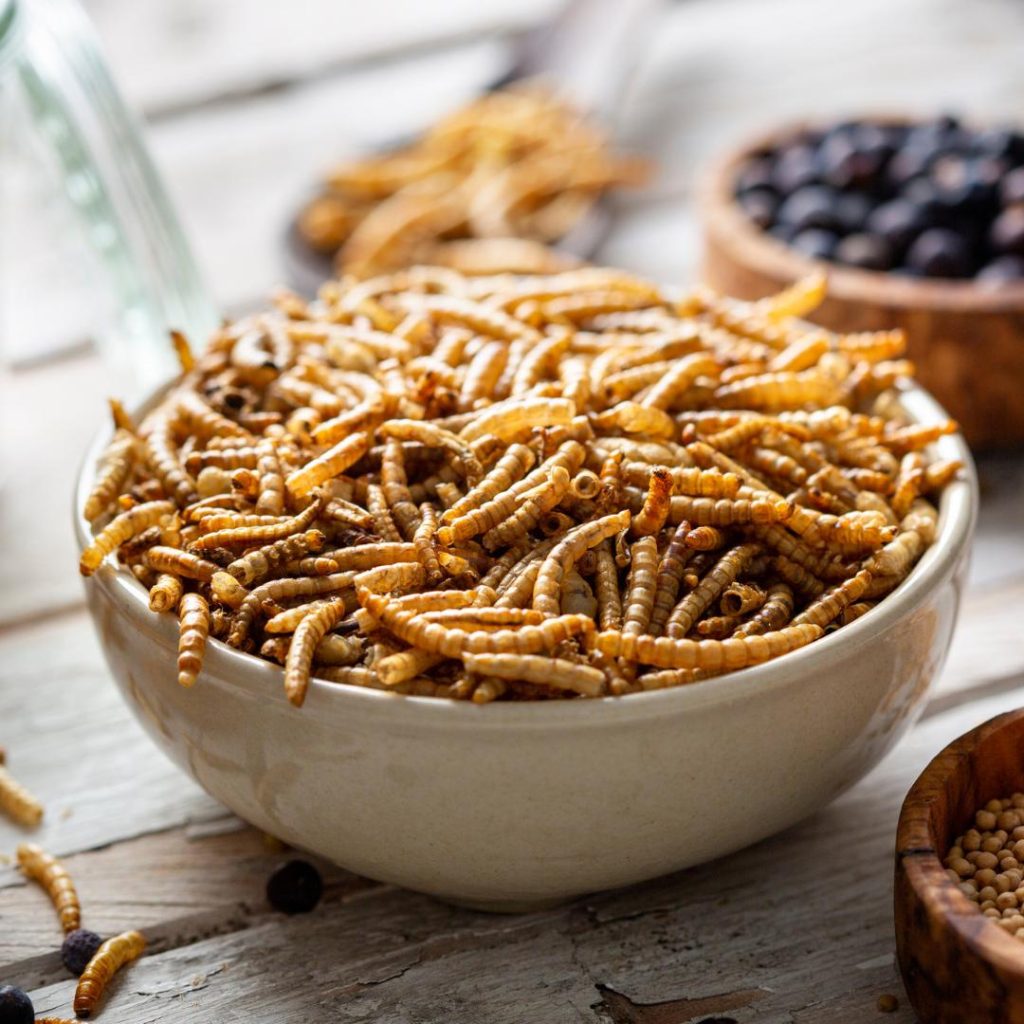How hard is it to overcome disgust with insects?

They provide proteins, vitamins and minerals, are sustainable in their existence and could easily replace pork or beef – actually the egg-laying jack-of-all-trades – if it weren't for the disgust.
Especially since, from today's point of view, we are becoming more rather than less on this earth, one thing is absolutely clear: new food sources are needed.
In addition to lab-grown meat and 3D-printer cakes, insects are also a healthy alternative. In your head, this sounds absolutely plausible. They could be the protein source of the future – only disgust stands in the way.
Just a matter of getting used to it?
In the course of a new survey of the European research project called "Sustainable Insect Chain" (SUSINCHAIN), led by Mariam Nikravech, research associate at the TU Berlin in the Department of Education for Sustainable Nutrition and Food Science, 500 people each from Germany, Italy and Portugal were interviewed.
The average age was between 18 and 65, with roughly equal proportions of women and men.
You could choose between meatballs made from mealworms and grasshoppers or those made from chicken meat, where the chickens were fed insects. Acceptance of chicken was only slightly higher here.
In the evaluation, however, the respondents were hardly willing to spend money on insect foods. Even the opposite was discussed: a kind of premium for using insect-based foods should be considered
It is interesting to note that so-called "Never Takers" (people who would not use insects under any circumstances) are particularly common in Germany and Portugal. According to the survey, people from Italy are more open to the new dietary style.
Disgust or even fear of insect-based food was mostly related to health risks.
In a next step, the researchers tried to find out how these people could be convinced. The key turned out to be the topic of information.
One of them, for example, is that when minced meat is replaced by meatless alternatives, including insect proteins, it reduces greenhouse gas emissions.
The contact with insect-based foods and the opportunity to try them also softened the principles of persistent "Never Takers".
However, it is questionable whether these methods are sufficient to create long-term acceptance of insect-based meat substitutes in Western society.






